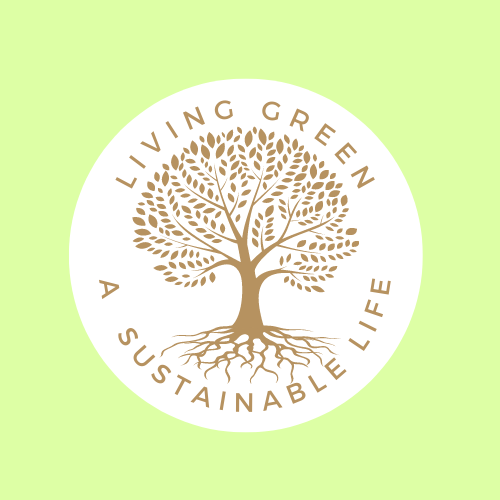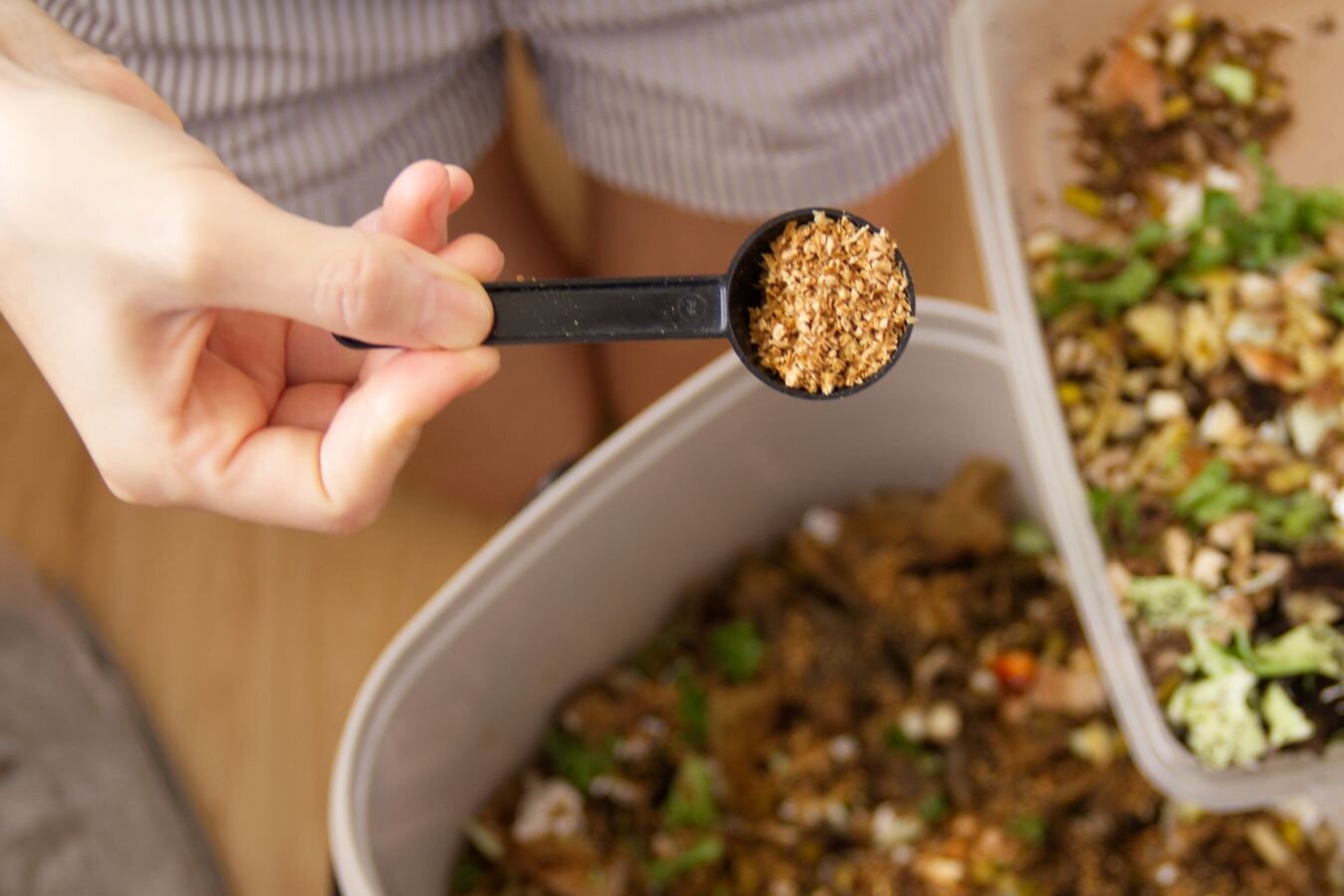Bokashi Composting. FAQ's and Myth Busting.
Bokashi Composting has fast become a new love of mine. I’m loving that it has increased the amount we can compost, that it uses all of our scraps, including what I scrape off the kids plates after dinner and it has left us with a odorless black bin. Nothing but a few bits of un-recyclables, of which we do not have many.
The thing is I’m kicking myself at not starting this way of composting sooner. The reason I didn’t was purely down to a few myths I had heard and misconceptions I had. After all the years of my preaching to not listen to the myths around cloth nappies I cannot believe I ignored my own advice with composting. So now I want to go through all those myths to tell you which are true, which as false and why you don’t need to worry about any of them.
7 Bokashi composting myths you do not need to worry about.
Bokashi Composting Smells.
True: Bokashi compost does smell, but it should not smell bad, and you shouldn’t be able to smell it when the lid is on. Bokashi will smell like pickling juice, sweet and acidic.
I think many people hear that Bokashi does not smell bad, so believe there is something wrong when they can smell the fermentation process. This is a good thing.
If your Bokashi bin does smell bad, like putrid rotting food there is something wrong you may need to trouble shoot. It is most likely because you are not using enough of the Bokashi Bran or the bin is not air tight enough.
Bokashi Composting is ready to use in two weeks.
False: Once you have filled your Bokashi Bin, set it aside for two weeks to ferment. After this time you will have what is called pre-compost (basically pickled food) which will need to be added to a compost pile or dug into the ground.
After another two weeks covered in the ground or compost pile your fermented food scraps should be completely broken down and ready to use as compost.
Bokashi Composting is for indoors only.
False: Bokashi composting is often talked about as a great way to compost indoors. While this is somewhat true as you can store the whole compost bin inside without it smelling, you will still need to dispose of the pre-compost after this.
If can store this is a container covering with soil if you have no outdoor space or no compost bin.
Read my complete guide to starting a Bokashi composting system for more details on how to make it work without any outdoor space.
Bokashi Composting is not real compost.
I guess that depends on how you look at it….
Bokashi composting is different to regular composting because it is anaerobic rather than aerobic. Meaning it does not use oxygen to break down the food scraps instead fermenting them. However the outcome is the same.
I have to choose between traditional composting and Bokashi.
False: I believe the best way to use Bokashi compost is to mix this method with traditional compost meaning you do not have to choose between one or the other.
My reason for this is because I practice the No Dig method of gardening. This means I like to disturb the soil in my garden as little as possible, adding organic matter on top of the soil to feed it and not effect the natural balance of the soil. Therefore digging Bokashi pre-compost into the soil would go against this. I therefore like to add the pre-compost to my compost pile. This is massively beneficial because it helps to speed up the rate in which I can produce compost and feed my garden.
Read: How to make more compost for my method of increasing my gardens yield.
I have to buy expensive buckets to get started with Bokashi.
False: While you can buy a set for a reasonable price, with taps on the front to make draining Bokashi tea off you can easily make one yourself for things you probably have lying around the house.
Click here for a tutorial on how to make your own.
This was one of the reasons I was put off from starting Bokashi a few years ago, when I googled the buckets and saw a few fancy ones for just shy of £100. Luckily there are many readily available on the market now, and a lot closer to home. I picked my two bucket set up from Gardening Naturally for £33.99.
Bokashi can help the environment on a huge scale.
True: 20% of all waste in landfill is food waste. In landfill our food waste produces high amount of methane, a greenhouse gas.
Of course composting all this food in the traditional method would pose some serious problems. We would have to have people sorting through the food waste to take out anything unsuitable. We would have to trust people to put the right things in our food waste bins. There would still be huge amounts of un used meat, diary and other proteins heading for landfill. But what if we used Bokashi on a huge scale?
Convinced yet?
What have you got to loose. Start Bokashi, I promise you won’t regret it.
Hannah xx
Other Articles you might enjoy..
Organic, Free, Zero Waste Insecticides. But do we need them?
Zero Waste Gardening. The Ultimate Guide.
8 Vegetables to Grow Easily in a Small Space.
Why we don’t need eco-friendly alternatives.






